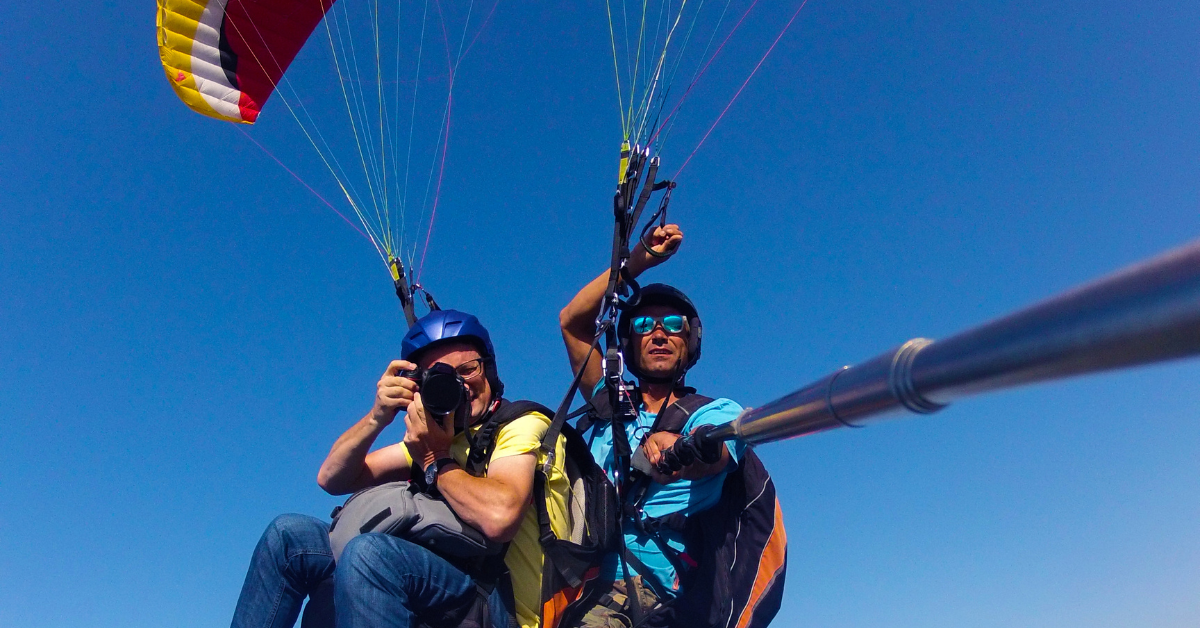Queenstown, often called the “Adventure Capital of the World,” is surrounded by majestic mountains and a crystal-clear lake. For Japanese travelers, this destination is more than a scenic getaway — it is a place where grand nature and thrilling adventures come together. From breathtaking seasonal landscapes to once-in-a-lifetime activities, Queenstown offers an experience that feels both familiar and extraordinary to Japanese visitors.
- The Awe of Queenstown’s Nature as Seen by Japanese Visitors
- Adventure Experiences Through Japanese Eyes
- Culinary Impressions of Japanese Visitors
- Hospitality Differences Noticed by Japanese Visitors
- Lessons Learned by Japanese Visitors
- Key Points Japanese Visitors Want to Share About Queenstown
- Conclusion
The Awe of Queenstown’s Nature as Seen by Japanese Visitors
Lake Wakatipu, with its remarkable clarity, and the towering Southern Alps leave a strong impression on Japanese travelers. Compared with Japanese mountains and lakes, the scale of nature feels overwhelmingly vast.
Many Japanese remark, “It resembles familiar scenery in Japan, yet the vastness makes it feel like another world.” Seasonal changes also resonate strongly with Japanese sensibilities. Spring brings blossoms, summer invites hiking and lake cruises, autumn offers colorful foliage, and winter unveils snowy landscapes. This ability to enjoy four distinct seasons makes long stays especially attractive.
| Season | Impressions by Japanese Visitors | Typical Experiences |
|---|---|---|
| Spring | Blossoms evoke memories of cherry trees in Japan | Lakeside walks, birdwatching |
| Summer | Striking contrast between blue skies and mountains | Hiking, lake activities |
| Autumn | Autumn foliage recalls Japanese scenery | Photography, winery tours |
| Winter | Expansive snowy landscapes | Skiing, snowboarding |
Adventure Experiences Through Japanese Eyes
Queenstown is renowned as the birthplace of commercial bungee jumping. For Japanese travelers, the fear before the jump is immense, yet the sense of achievement afterward is unmatched, often described as a once-in-a-lifetime experience.
Skiing and snowboarding also attract many Japanese. Compared to Japan, the slopes are larger, the snow texture differs, but the views are spectacular. The novelty of being able to ski during the Northern Hemisphere’s summer makes it especially unique.
| Activity | Japanese Impressions | Key Features |
|---|---|---|
| Bungee Jumping | Terrifying but exhilarating afterward | Thrill rarely found in Japan |
| Skiing & Snowboarding | Mountains feel far more imposing | Skiing possible even in summer |
| Jet Boating | Exciting high-speed turns | A dynamic way to explore lakes and rivers |
Culinary Impressions of Japanese Visitors
Local specialties in Queenstown include lamb and wine. Japanese visitors often comment that lamb is mild and refined in flavor, and that local wines pair beautifully with meals.
However, portions are sometimes considered too large or heavily seasoned. Still, many feel that “hearty meals in the middle of grand landscapes are part of the travel experience.”
Japanese restaurants serving sushi and ramen also provide comfort, especially for long-term visitors, while short-term travelers often dive into local cuisine with enthusiasm.
| Food Category | Japanese Impressions | Explanation for Foreigners |
|---|---|---|
| Lamb | Less gamey and easy to eat | A signature dish of New Zealand |
| Wine | Rich aroma, excellent with food | A globally recognized wine region |
| Japanese Cuisine | Provides reassurance abroad | Popular with long-term visitors |
Hospitality Differences Noticed by Japanese Visitors
Locals in Queenstown are warm and approachable. Japanese travelers often say people are “friendly and welcoming,” but they also notice a lack of fine, detailed attentiveness, which is central in Japanese hospitality.
For example, in restaurants, casual conversations with staff are common. To Japanese accustomed to polite and reserved service, this may feel unusual, but many also view it as relaxing and refreshing.
| Aspect | Japanese Service | Queenstown Service |
|---|---|---|
| Attitude | Polite and reserved | Cheerful and friendly |
| Consideration | Highly attentive | Casual and relaxed |
| Impression | Provides reassurance | Creates a relaxed atmosphere |
Lessons Learned by Japanese Visitors
Beyond nature and activities, Japanese visitors often highlight cultural differences as valuable learning experiences. Many describe Queenstown as a place where they can feel an extraordinary sense of emotional freedom rarely experienced at home.
| Key Realization | Specific Example | Meaning |
|---|---|---|
| Vastness of Nature | Southern Alps, Lake Wakatipu | Realizing nature’s larger scale compared to Japan |
| Spirit of Challenge | Bungee jumping, hiking | Overcoming fear leads to great reward |
| Human Interaction | Casual, friendly service | Experiencing a different concept of hospitality |
Key Points Japanese Visitors Want to Share About Queenstown
- The beauty of nature changing with the seasons
- Thrilling adventure activities that create lasting memories
- Unique food culture centered on lamb and wine
- Relaxed and friendly service contrasting with Japanese formality
- A sense of freedom and release from daily routines
By sharing these, Japanese visitors help foreigners see Queenstown not just as a tourist destination, but as a stage for enriching life experiences.
Conclusion
For Japanese travelers, Queenstown is a place where grand nature and thrilling adventures coexist. Its lakes and mountains, exciting activities, local cuisine, and cultural contrasts all blend into an unforgettable journey.
When explaining Queenstown to foreigners, it is best described as a city where nature, challenge, and cultural differences converge. With Japanese impressions woven in, Queenstown becomes more than just a scenic spot — it is remembered as a special place that frees the heart.






